Now that the elections are hopefully over and trust is very much a commodity that is lacking today, I figured I’d talk about one of the biggest factors in building trust. We need trust in others if we are going to go anywhere. Without trust not much is possible. Today let’s talk about one of the most important variables in building trust.
That variable is Selfishness. We have seen politicians, CEO’s, and sales professionals all brag about how they did something great and how they deserve all the credit. Unfortunately, anything worth doing takes a great deal of effort and typically takes support of others. We need to make sure we are not killing trust with self-promotion.
When I created the trust equation it was to make it easy for people to see the basics of building trust. You can be very creditable, reliable, and vulnerable, but if we are only doing this to help ourselves “WIN” we actually “LOSE.” We will not be able to gain trust and sustain it if we are only out for our own gain. If we are selfish and only doing things to be able to leverage in another instance, we will soon erode trust. People will see it especially if we are doing this over and over again. True we may be able to fake our selfishness for a little while to obtain short term gains, but trust is really a long-term play. People will figure us out, as selfishness is like a spotlight shining bright into the night sky.
Selfishness tells people that we do not value them and do not care about them. Who wants to trust someone like that? Have you ever been around someone that you tried to give more and more trust and it just seemed to blow up in your face each and every time? It is really hard to keep wanting to extend them the benefit of doubt. After a while, trust in that person is just not an option.
By being selfish we can quickly turn relationships sour. In sales or leadership if this happens, we really start losing our influence, which is the key ingredient to business success. Without trust there is no influence. We may think that if we have leverage over someone we can have influence them, but I challenge that thought because once that leverage is gone there is no more influence. Ever here about Julius Cesar? His good friend stabbed him in the back. Now typically an actual stabbing does not happen in business, but there have been stories in business where boards have thrown the CEO out of the organization overnight. Even Steve Jobs was asked to step down at one point at Apple.
I am constantly taking inventory in my life to gauge how selfish I am being. I’m sure I fail to live up to my standard, but my focus is on not being selfish and trying to help everyone that I can. I put my expertise out there to help others gain knowledge. I do not do it so I can say, see what I have done, but to share so that people can avoid mistakes that I have run into in the past. My goal is to help you become more efficient and successful especially with areas of sales and influence.
The key is to really take an inventory of our relationships and see if there are any areas where we are being selfish. Are there some relationships that we have been one sided on? Have we made any recent mistakes that an apology will help start the road back to building trust? Selfishness can be fixed when we take an honest look at how we have behaving with others.
If we want to have a greater trust level, then our selfishness must be put in check.
Sincerely,
Kevin Sidebottom
“Businesses wonder why the majority of their sales teams struggle at winning profitable business. I teach your sales team to walk with the customer through the five buying decisions, and in the correct order to generate more sales with high margins!”

